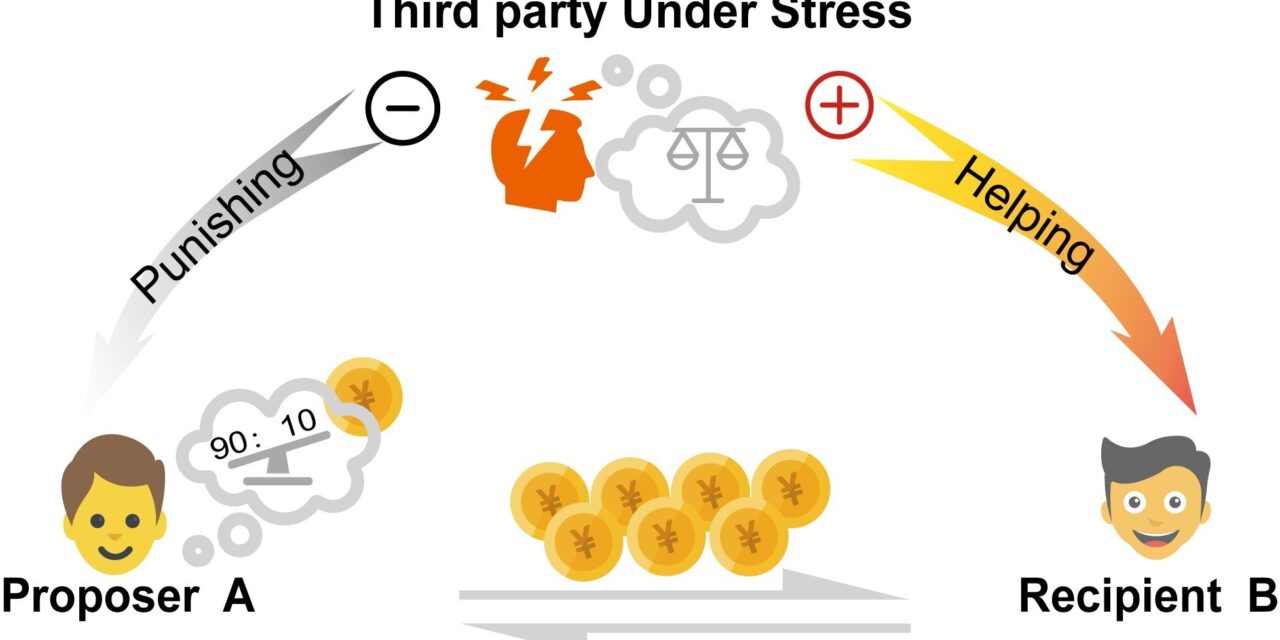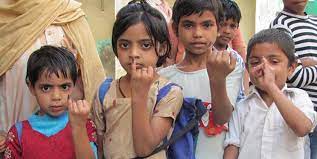In a groundbreaking study published in PLOS Biology, researchers from Beijing Normal University, led by Huagen Wang, shed light on how acute stress influences bystanders’ responses to witnessing injustice. The research suggests that stress may steer individuals towards altruistic behaviors, such as helping victims rather than punishing offenders.
The study, conducted with 52 participants using functional magnetic resonance imaging (fMRI), explored how stress alters decision-making during simulated third-party intervention tasks. Participants were tasked with observing unfair wealth distribution scenarios and deciding whether to intervene by punishing the perpetrator or assisting the victim. Half of the participants underwent a stress-inducing ice water hand immersion procedure before the task.
Results indicated that stressed participants were more inclined to help the victim rather than punish the offender in highly unfair situations. This shift in behavior was accompanied by increased activity in the dorsolateral prefrontal cortex (DLPFC), a brain region associated with decision-making and mentalizing processes.
According to the findings, acute stress diminishes the bias towards punitive responses, making individuals more likely to engage in altruistic actions. Computational models used in the study further supported these observations, highlighting the cognitive effort required for punitive decisions compared to altruistic ones under stress.
“This research provides compelling evidence that acute stress alters how we respond to injustice, favoring altruistic interventions over punitive measures,” explained Huagen Wang, the study’s lead author. “Our findings suggest that stress redirects cognitive resources towards helping behaviors, potentially promoting cooperative responses in social settings.”
The study contributes to a growing body of research emphasizing the complex interplay between stress, decision-making, and social behavior. Understanding these mechanisms could have implications for interventions aimed at promoting empathy and prosocial actions in various societal contexts.
For more details, the study titled “Acute stress during witnessing injustice shifts third-party interventions from punishing the perpetrator to helping the victim” can be found in the latest issue of PLoS Biology.












